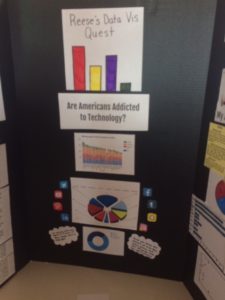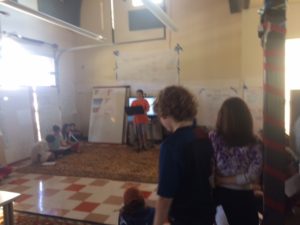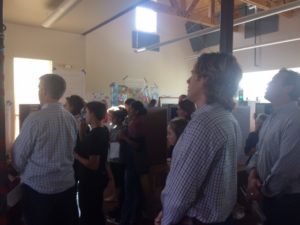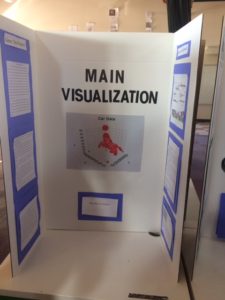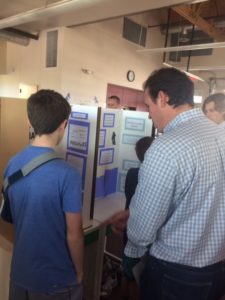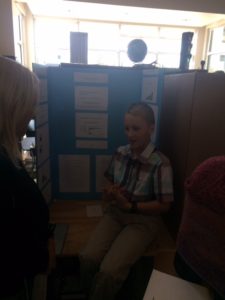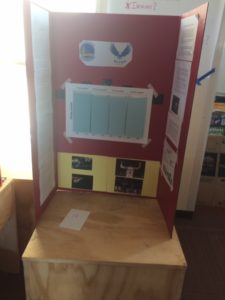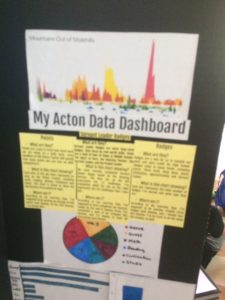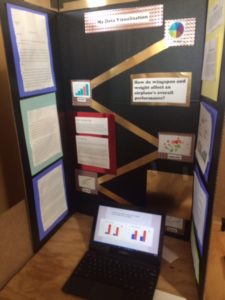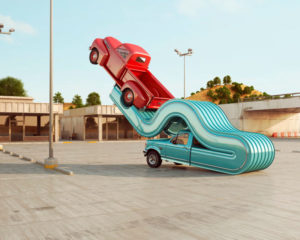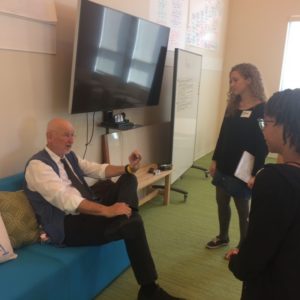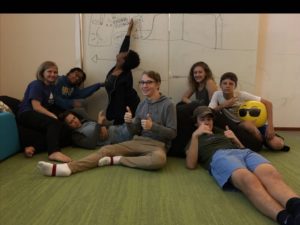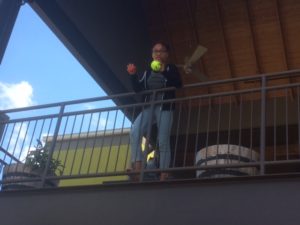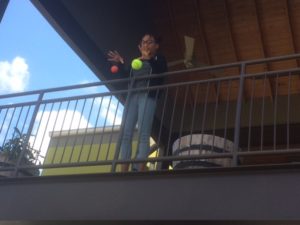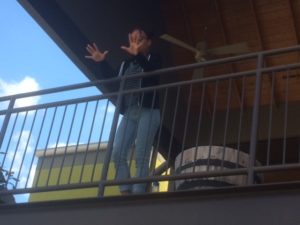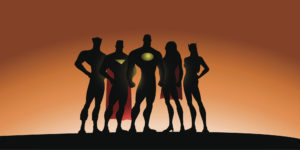
Measurement is important, but if can dampen motivation. Short term rewards quickly lose their power, and can be counterproductive. To understand motivation, you must dig deeply into “why” someone wants to work hard, to pour his or her soul into an effort.
Last session Middle School Eagles were asked about a personal passion and why they worked so hard to pursue it:
- Sophia works hard on the violin because she wants to become a violinist, someone who masters a complex skill but can never quite perfects it.
- A second Sophia practices the guitar, because she wants to effortlessly create something beautiful, whenever she pleases.
- Jaiden wants to express his ideas through drawing, so he can change the lives of people, because he wants his life to make a difference.
- Ridge plays soccer because he wants to be able to improve at many new experiences, so he has options in life, and never has to be under under someone else’s control.
Our young people have very deep “why’s” in their lives, passions that schools seldom touch – even ours. Nietzsche believed in a “will to power” and a Superman who could dominate others. Our Eagles long to be a different kind of superhero, one who changes the world by offering gifts through passion.
